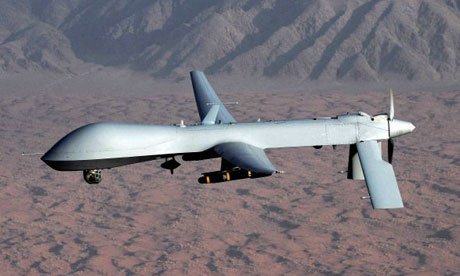By Heba Girgis
Impunity Watch Reporter, Africa
ALGIERS, Algeria—David Cameron, the British Prime Minister arrived in Algeria today for security talks and negotiations only two weeks after a hostage crisis that took place at a gas plant in the Sahara on January 16. 2013.

Following their discussion, Cameron led a press conference where he stressed the importance of a “tough and intelligent” response to the growing threat of Islamist militants in that region of Africa.
He said, “Both Britain and Algeria are countries that have suffered from terrorism and we understand each others’ suffering. What we have agreed to is a strengthened partnership that looks at how we combat terrorism and how we improve security of this region. This should be about our perspectives, about the risks and dangers that there are, but also sharing expertise,” he continued.
The United Kingdom, specifically Britain, was among several other countries with citizens held hostage in the crisis in the Ain Amenas that also was not told in advance that Algeria planned to storm the gas plant. The new security partnership created today, Wednesday January 30,2013, between Cameron and Algeria’s President Abdelaziz Bouteflika, now focuses on cooperation between the two countries and working together for a common goal. Together, they will look more broadly at threats in North Africa and the region known as the Sahel, the region stretching across the Sahara Desert.
British soldiers will also come together with the Algerian army on a certain limited number of operations. Potentially, these operations could include training of the Algerian special forces by Britain’s special forces. This however, has not yet been confirmed by the British government. Cameron commented further that his aim was to help the country “help itself” amid and amongst the ever-growing threat from al-Qaida linked groups in that region of Africa.
Cameron also stressed, “the greatest threat of terrorism in this region is to the countries of this region. Of course there are potential threats to the UK, but the focus is very much on helping these countries to protect their security and protect British people in this region. It is very much about helping the region help themselves,” he added.
At the end of Cameron’s trip, he made a special visit to the monument of the martyrs of the Algerian war of independence. He placed flowers at the monument, showing respect and the growing relationship and link between the two countries.
For further information, please see:
Algeria Press Service – Algeria, UK “United” in Fight Against Terrorism Says David Cameron – 30 January 2013
Al Jazeera – UK’s Cameron in Algeria for Security Talks – 30 January 2013
The Independent – Britain Forges New Algeria Alliance to Fight Terrorism – 30 January 2013
The Washington Post – UK’s Cameron Visits Algeria – 30 January 2013


